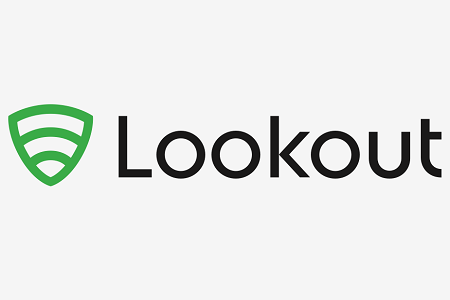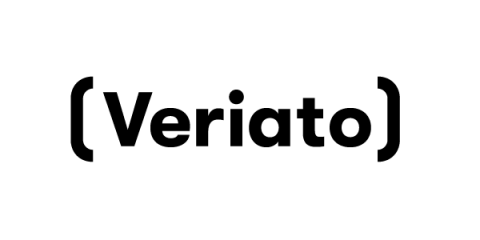Security | Threat Detection | Cyberattacks | DevSecOps | Compliance
Security
FluBot: Malware as a Service Meets Mobile Phishing
Recently, Europeans were hit by an influx of SMS texts claiming to be package delivery notifications. It turns out these messages were orchestrated by threat actors seeking to distribute malicious apps laced with the banking trojan FluBot, also known as Cabassous. Once the victims download the malware, the app can intercept SMS messages, steal contact information and display screen overlays to trick users into handing over their credentials.
Define, Reinforce and Track: Helping Develop Positive Cybersecurity Habits
Getting teams to improve security can be hard work, but it’s an important job that organisations must take seriously to protect an increasingly risky world. For this post, I wanted to explore some ways that an organisation or individual might start building a new security “habit” so that, in time, acting securely becomes automatic.
Creating Cloud Security Policies that Work
Now that the ongoing worldwide trend toward “going digital” has been accelerated by COVID-19, taking extra precautions to protect your organization’s data, communications and information assets is more important than ever. Of course, there are many traditional and emerging ways to protect and secure your business.
Insider Threats and the Dark Web increase Remote Work Risks
The “Dark Web” is often portrayed as a gloomy realm of internet land where you can find criminals and offenders lurking around every corner. Though there is some truth to this perception, there are also many misconceptions about the Dark Web and its role in the security or insecurity of businesses. Furthermore, the continuous embracement of remote work has led to an unexpected shift in the way the dark web is being used today.
Why automation is critical for your software development
Automation, when done properly, can improve the productivity, quality, safety and security in your software development. Automation isn’t just a “nice-to-have” element of modern business. It’s a “must-have.” Companies simply can’t compete on multiple levels—quality, speed to market, safety, and security—if they rely on manual tools and processes.
The Ultimate Guide to Security Awareness Training
The definition of security awareness is likely broader and deeper than your organization may realize. Security awareness aims to address one of the trickiest weak points in your organization: its people. Security awareness is intended to change behavior and reinforce good security practices among your employees and other third parties. In short, it should be a cultural change.
The 5 most crucial Cybersecurity updates for businesses in 2021
For as long as businesses have used computers, cybersecurity has been crucial. Now, as modern business and data are becoming inseparable, it’s an absolute necessity. As companies start to recover from 2020 losses, they should consider investing in security updates. Cybercrime reached new heights in the past year, with internet crime reports rising 69.4% and costing more than $4.2 billion. Now that more companies are embracing digital services after the pandemic, this trend will likely continue.










